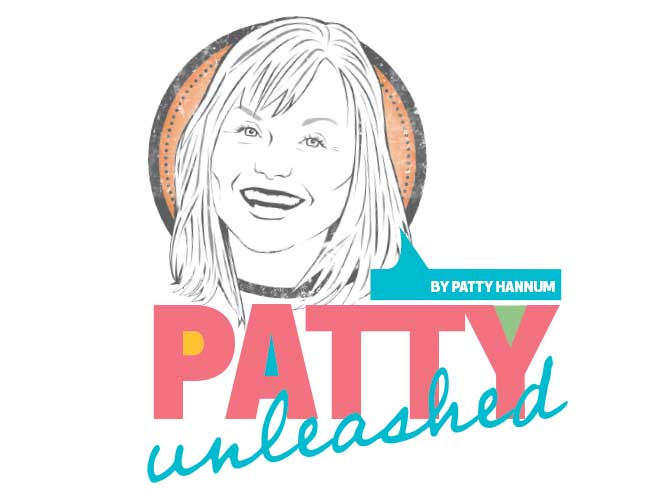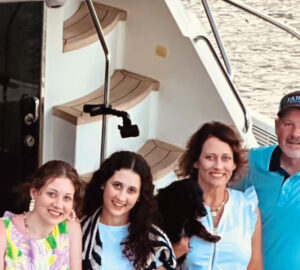I once had a great job–not that my current gig writing for Town&Style is bad. Where else can you work in your PJs? I once worked for a financial services company. I have fond memories of the people and my years spent there, but I often wonder if I’d be hired by them today?
That’s because of a Time magazine article I read recently about the increasing use of personality tests to match applicants with jobs. Employers want to make sure they are making the correct hiring decisions. Rightly so: It is a waste of time and money to hire someone only to find out months later it was a mistake. The new personality tests collect massive amounts of data that compare the results to those individuals who are already successful at that company. In one case, an employer used 39 different behavioral, cognitive and cultural traits as reference points. I am pretty sure I don’t have enough traits to get through the test.
Your IQ used to be enough to get you hired. Then in the 1990s, everyone started talking about their EQ, or emotional intelligence quotient. Now we have this new round of metrics Time has named XQ. It makes me wonder if anyone would take a chance on me? Especially since I struggle with personality tests.
I don’t test well. I never know if I should answer the questions honestly or the way I think someone wants me to. Years later, when I no longer worked in the corporate world, I took the Myers-Briggs test. I didn’t like the result and demanded that I be allowed to retake the test and change the way I answer the questions so that the results would show me as much more empathetic and less judgmental. These new kinds of tests seem to be more challenging. How would you respond, true or false, to: “I never get angry” or “My parents praised me for my achievements?” What’s the right answer?
I always will remember my first interview at the financial services company. The woman from Human Resources was a little perplexed when I declined to take a typing or math test. You see, I had a newly minted degree from Washington University that included two years of calculus. Why she didn’t send this smug, self-important 23-year-old on her way, I have no idea, but she saw something in me and advanced me through to the next round of interviews. I somehow managed to convince the next two people to give me a shot. And I am pretty sure they were happy with their decision.
I understand that hiring mistakes are costly, that businesses must do what they can to make the process as efficient and nondiscriminatory as possible. But I also know that without the opportunity to sit down and actually talk to the people in charge, I would not have stood a chance. They certainly wouldn’t have hired a person who refused to take their tests. So, thank you Marie, Jackie and Steve, wherever you are, for giving me the chance of a lifetime. And thank you, to the financial services firm that let me be me. Any chance you would rehire me? No? OK, I’ll keep writing. Perhaps I should try to get hired at one of the big data companies and write the personality test questions?








